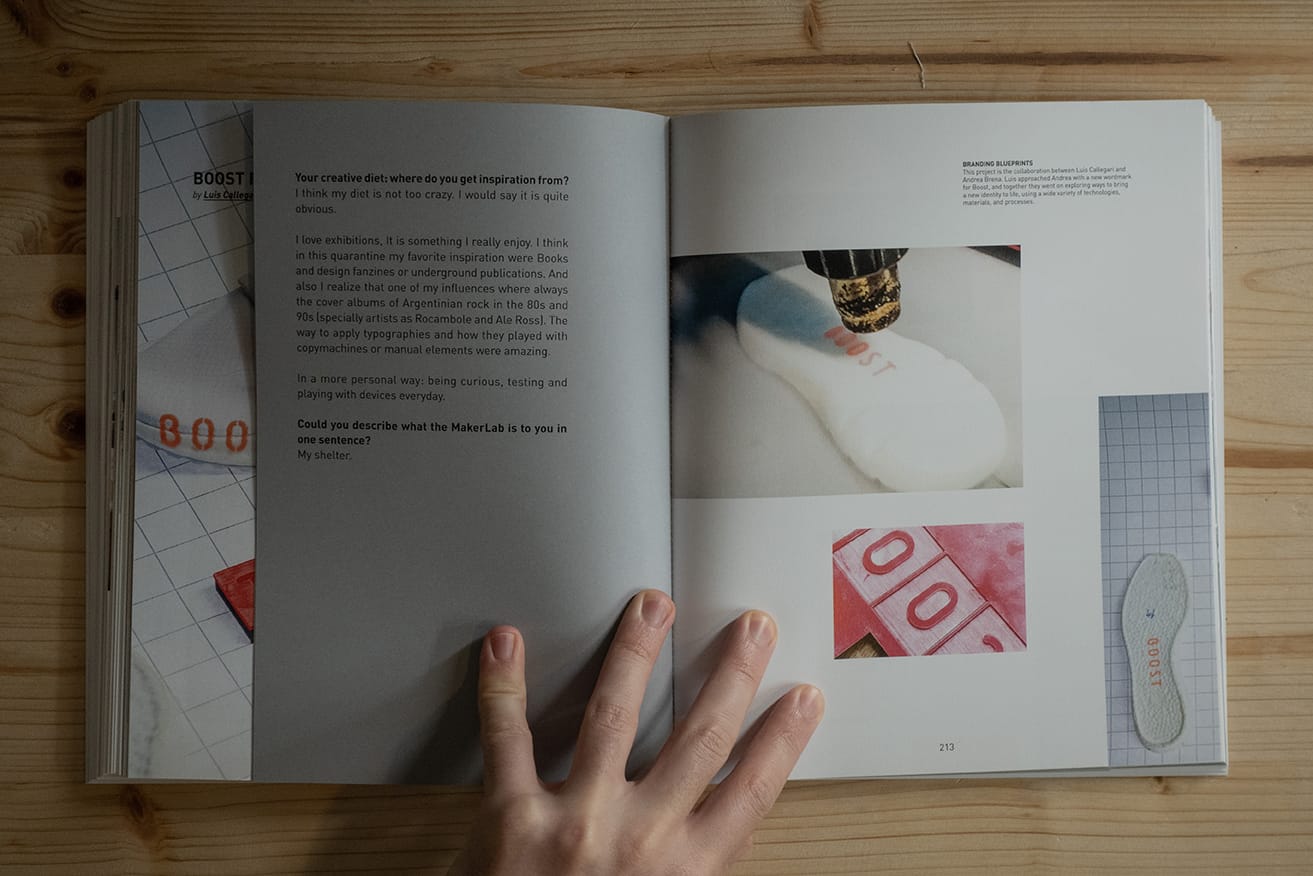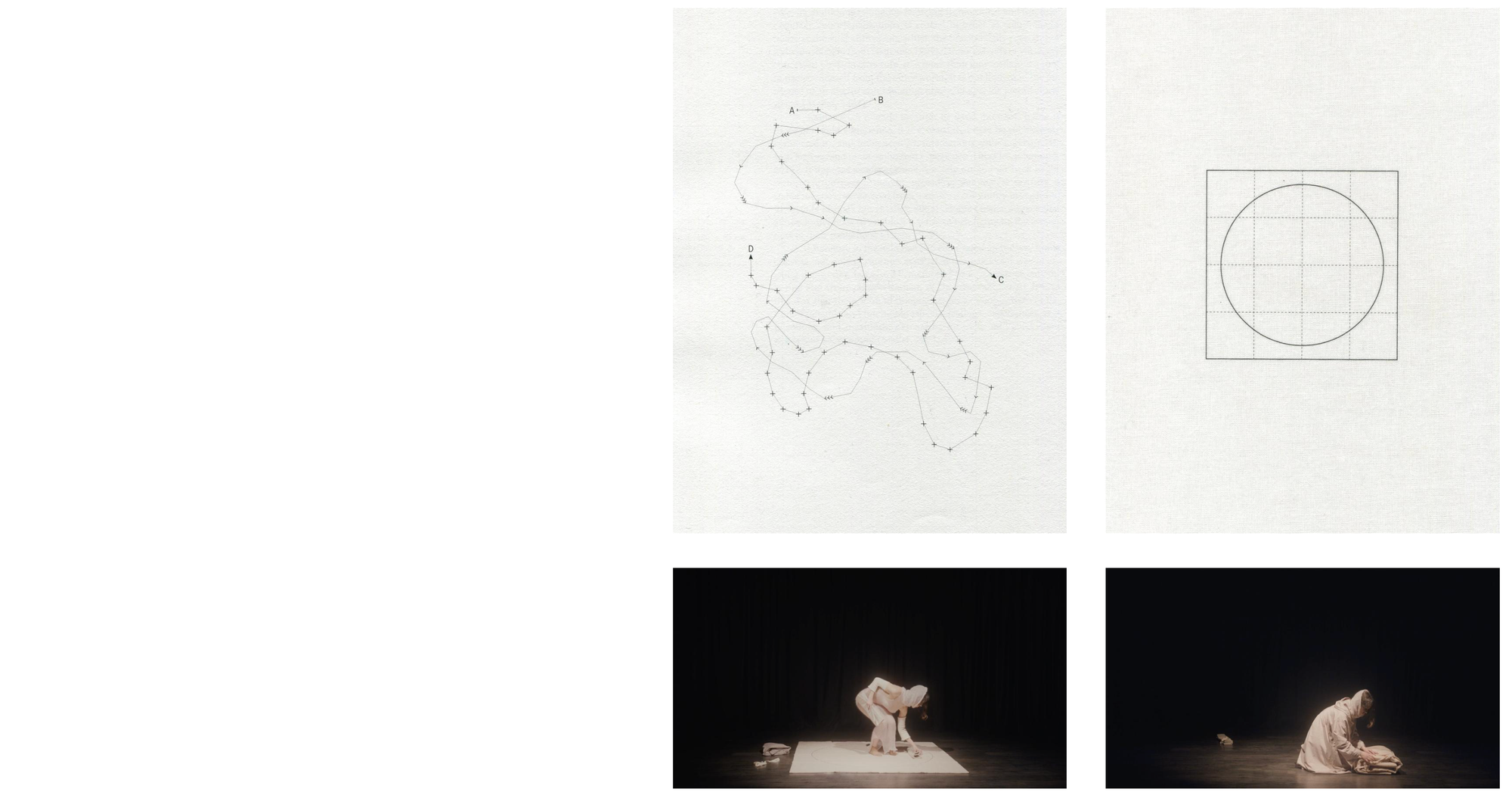#006 Space, Place, Home
Exploring space, place, & home: A journey from physical to digital realms, redefining 'home' and fostering digital belonging.

Hello, it's me, Andrea, back from a short break that has inspired the theme of this newsletter: space, place, and home.

Writing Hotpot is a journey of self-discovery. I start with a concept, and as I write, it transforms and evolves, leading me down new paths of exploration.
I gave myself permission last week not to write or worry about Hotpot until returning from our trip, fearing the crunch time upon my return.
Einatmen, Ausatmen.
Breath in Breath out.
Respira.
I’ve heard them all at least once and it is great advice.
Rules are made to be broken. Evolving from a strict biweekly schedule, I'm now aiming for a monthly publication, with breathing room between each issue and for spontaneous posts should I feel the urge to publish, allowing for deeper research and richer content.
I send. You receive and decide when you are ready for it. This is our deal.
Space, Place, and Home
Exploring the nuances between space and place began during my "Man & Living" studies (2009-2014), where I pondered the relationships between spaces, objects, and people. This program delved into how humans interact with their environments, emphasizing human-centric design.
Living abroad for much of my life has prompted me to reconsider what 'home' means, especially beyond physical spaces.
What is home and what makes you feel at home?
Let's dissect the notion of space, place, and home, using them to navigate the social dynamics and contexts they inhabit, potentially charting their evolutionary paths.
Space
A space, whether tangible or conceptual, serves as a foundation for social dynamics and structures. Its cultural significance is rooted in practices, norms, and history, playing a crucial role in societal structuring and the cultivation of community and individual identity.
Place
A place enriches a space with layers of meaning, emotional attachment, and value. It gains significance through historical, cultural, and activity-based connections, reflecting the values, experiences, and memories of individuals or communities, thus becoming a symbol of identity and belonging.
Home
Home represents the most intimate concept, layering a place with safety, privacy, and intimacy. It's a nurturing ground for identities, imbued with memories and emotional resonance.
From Space to Place
In co-leading (it is a collective effort) the Adidas' MakerLab, I've seen it evolve from a buzzing space to a place with meaning for a specific community. Crafting the first MakerLab Yearbook in 2020 revealed this transformation through many colleague descriptions when asked what the MakerLab meant to them: A refuge, a design gym, a place to connect, a resource, a testbed, a sandbox, creative freedom, a place where someone would like to spend the next lockdown, a shelter, a candy shop, a making laboratory, a creative safe space, and many more, each offering a unique perspective on what the MakerLab represents to them.

Digital Spaces and Places
My dive into the sociological, anthropological, and geographical perspectives on these themes was enlightening. These concepts transcend the physical to encompass the digital, where technology's role and our interconnectedness introduce a new layer of complexity.
The digital realm's evolution has generated new types of places: platforms, servers, channels, groups, and chats.
What digital spaces feel like places to you?
What defines a place in the digital world and what makes it feel like home?
If you'd like to share your thoughts here, we might turn this into a future conversation.
Digital technologies enable us to transcend physical boundaries, yet the quest for building "places" within the web remains complex. Internet communities offer a canvas to explore how digital places can foster a sense of belonging through shared values and principles.
My experiences with the Protein community and Adidas Connection Lab have underscored the power of narrative, storytelling, and experience in crafting these digital places.
A great read about building digital communities and informing their functioning through metaphors is by Rafa the Builder and David Spinks.
Listening to Malcolm Gladwell's "The Tipping Point" during yesterday night's drive to my hometown Bergamo, I was struck by the concept of ideas' "stickiness" and their ability to resonate, spread, and stay. Engaging and activating community participation remains a complex (and personal) challenge without a straightforward solution.
Lost? Maybe you're experiencing Placelessness
Or maybe it's my writing. Please tell me if so!
The concept of "placelessness," as defined by Edward Relph in the book "Place and Placelessness", reflects the erosion of unique place identities through efficiency-driven globalization and homogenization, leading to a world where authentic, significant places are replaced with uniform, interchangeable spaces.
I have recently been feeling this in digital spaces, too. Remember when Meta Threads landed in Europe? As I entered the platform I felt that every account was just shitposting and fooling around (probably generated by the fact that we all just landed on another social media platform). This homogenization of behaviors gave me a sense of placelessness.
Atlas by Lola Lemke
Mentoring Lola Lemke on her project ATLAS, we explored the sense of home beyond geographic attachment, addressing placelessness as a modern challenge and proposing self-rootedness as a solution to contemporary nomadism.

Abstract:
"Atlas is an inquiry into the formation of the sense
of home, questioning the conventional idea that it solely relies on attachment to a particular geographical location.
Placelessness—the fact of not being in, or connected with, any particular place—is addressed as a challenge experienced by individuals who are constantly moving from one place in the world to another under the contemporary global paradigm.
The resulting exploration interweaves the common threads found in different people’s stories to open a discussion on alternative understandings of home and belonging.
By establishing roots within ourselves rather than in exterior environments subject to constant change, is it possible to become our own home?"
Consequences and Reflections
As our sense of place is reshaped by various forces and change agents, finding meaning and identity beyond physical spaces becomes more critical.
As belonging is also strongly determined by how we shape relationships we should look critically at how our communication and connection media and tools are designed.
The digital world offers unparalleled opportunities for connection but also risks reinforcing polarization and echo chambers as spaces with like-minded people might lack diversity of perspective and experience.
Facing placelessness, we're challenged to explore new forms of belonging or risk alienation. This dual perspective offers a lens to examine our evolving relationship with space, place, and home.
Thank you very much for reading and for your continued support.
A notification just popped up and it is from Kei Kreutler's newsletter. Her work explores how cultural narratives of technology shape what worlds we can build. What a perfect timing. I have not heard from her in a while I was missing her writing and can't wait to dive into what she just shared. Time to click publish.
Don't be a stranger and feel always welcome to reach out. You can write me at hotpot@andreabrena.com or you can book a 30min chat here.
Advertising this on social media is cringe and I hope I can count on your word of mouth to spread this around and hopefully make it stick with someone.
Forward this email to a friend if you find any form of value in it. Thank you!
If you are new here and one of your friends has just forwarded this to you. Sign up to Hotpot and receive updates about my personal and professional creative journey.
🤞
Andrea